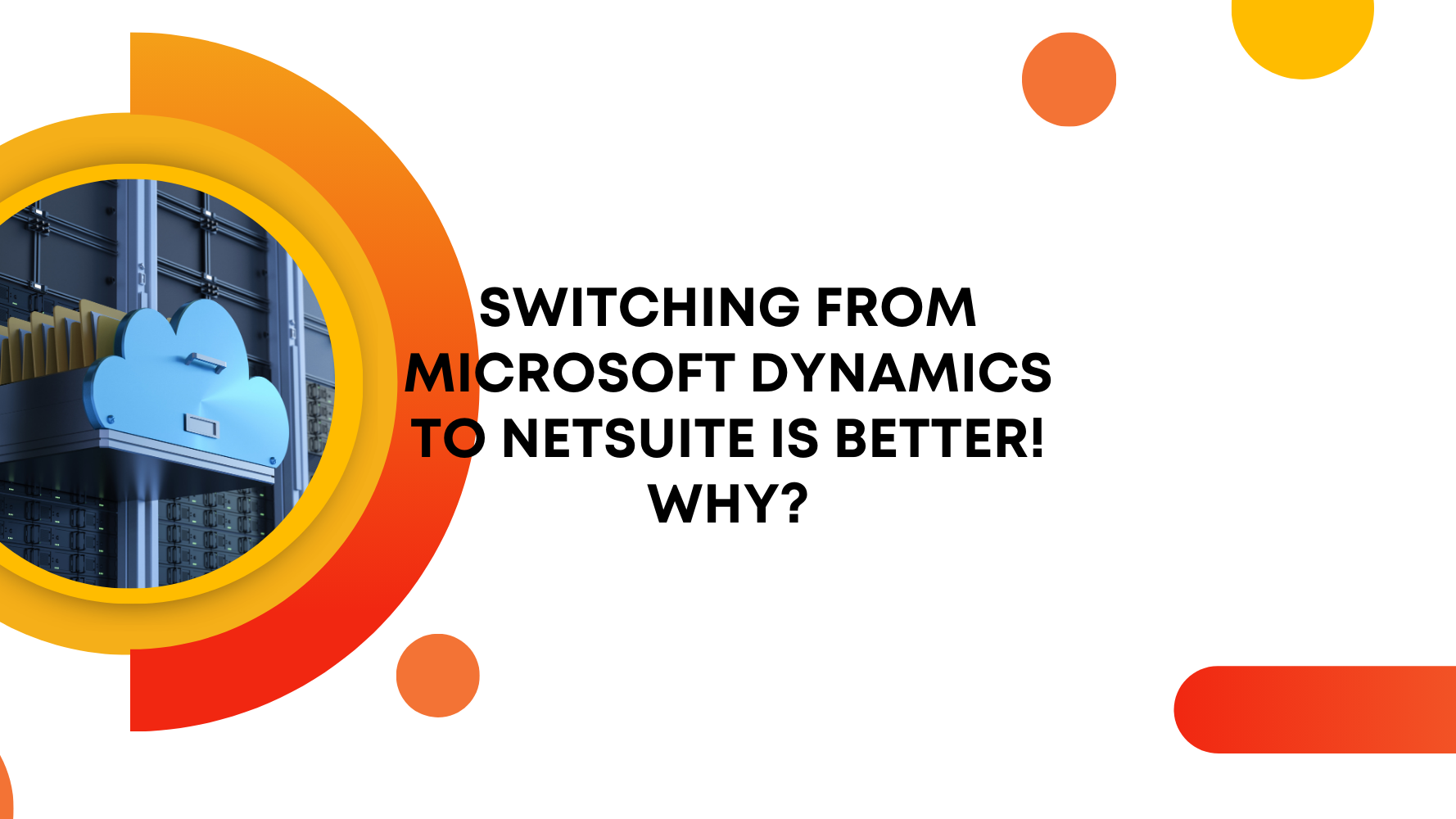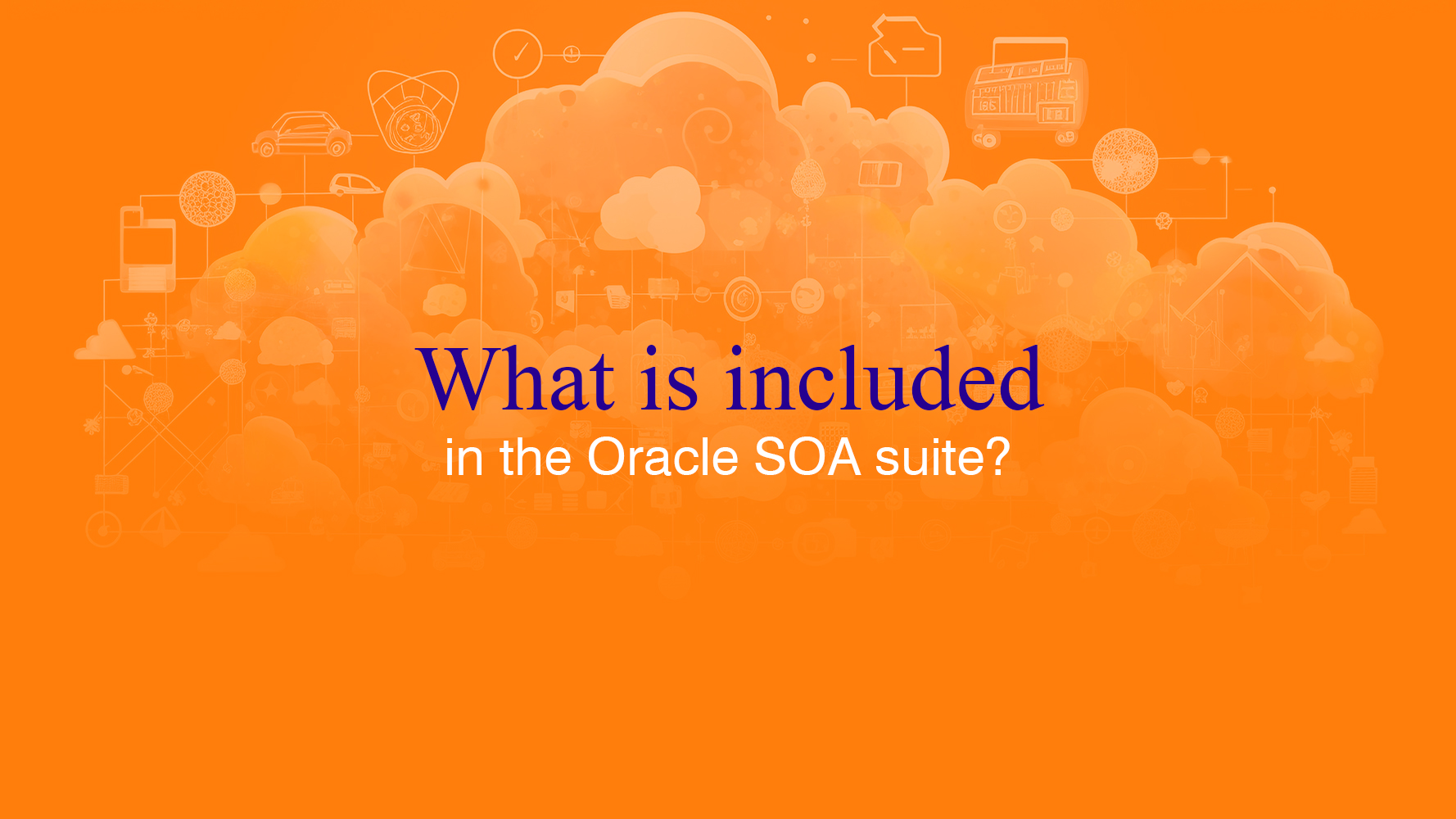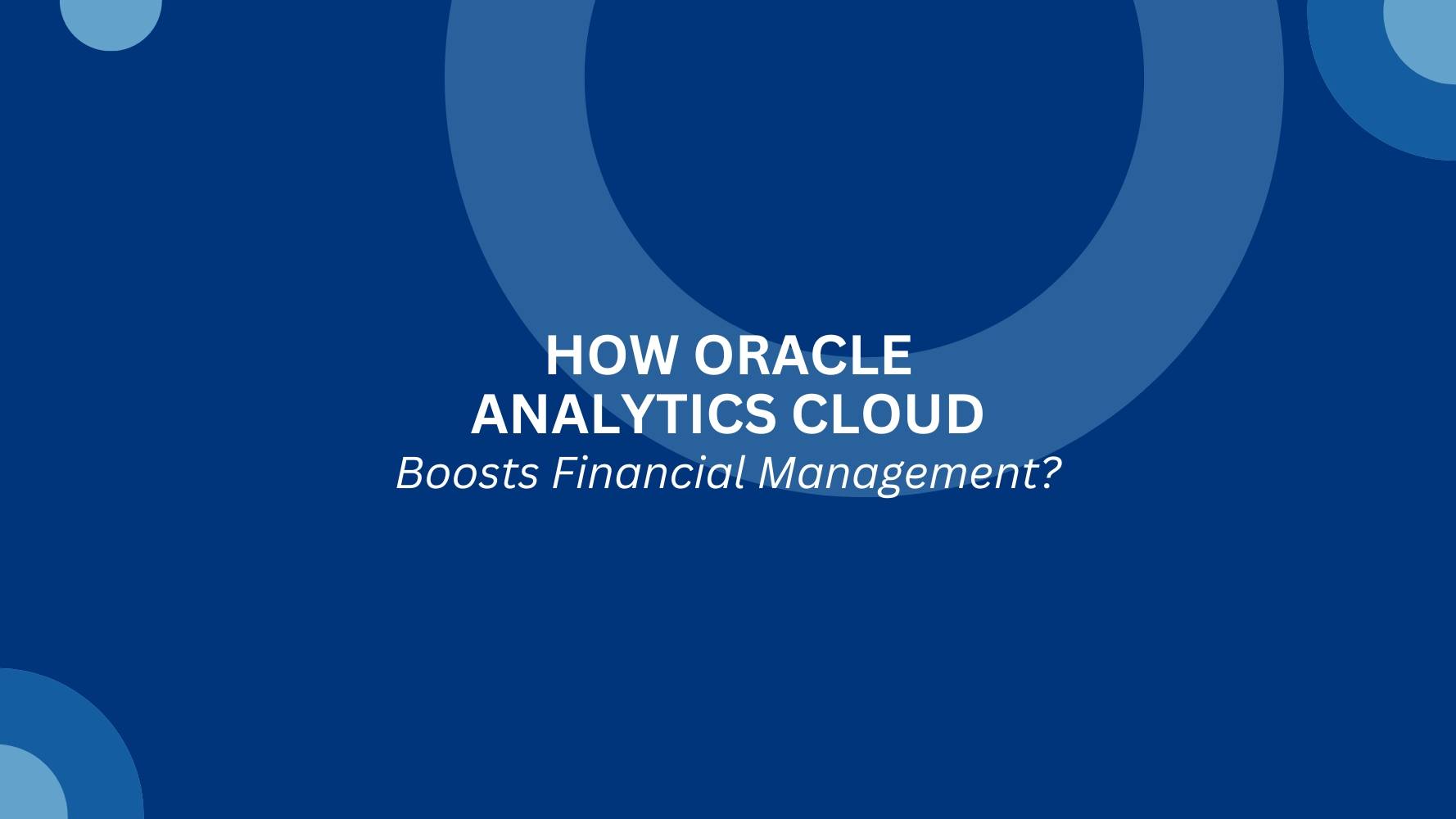Entrepreneurs understand that to bring agility and growth to the business, it is essential to onboard software that can help manage the work and track the timely accomplishment of tasks and targets. Oracle Cloud Enterprise Resource Planning (ERP) Software is one software that brings a wholesome solution to management and is used and liked by various industry leaders.
However, when an organization decides to onboard a cloud-based ERP system, the next biggest challenge is deciding on the vendors. Among so many ERP providers, it becomes difficult to select which one will complement their work structure and processes in the best way and would prove to be most beneficial.
To ease the process to an extent, in this article, we are going to put forth a clear distinction between the two giant ERP providers, Microsoft Dynamics, and NetSuite!
What is Microsoft Dynamics?
Microsoft Dynamics is one of the leading ERP providers and has thousands of customers. It enables their customers to concentrate on their customer insights and vital data. Plus, it provides solutions for daily operations such as Human Resources, Sales, Marketing, and Supply Chain Management. Even after providing these services for decades, many still find their software system confusing. The reason is that Microsoft Dynamics 365 is a combination of CRM (Customer Resource Management) and ERP systems.
Another drawback of the Cloud system is that it was originally an on-premise system. Later, they allied with their implementation partners to host the Cloud software in their data centres.
What is NetSuite?
Over the years, many vendors have come up with ERP systems, but NetSuite ERP will always remain the first true Cloud ERP! In 1998, Evan Goldberg founded NetSuite ERP and named it “NetLedger.” After launching the platform to the public in 2007 and witnessing immense growth and demand, Oracle fully acquired the software in 2016. The combination of Oracle technology and NetLedger gave birth to “Oracle NetSuite Cloud ERP”. Leading enterprises in various industries trust Oracle NetSuite.
Learn how Oracle NetSuite ERP benefits Small Business
It makes working stress-free for the management by taking tedious day-to-day tasks off shoulders, providing real-time insights and visibility into the database, and making analysis of the reports simple. Hence, escalating the decision-making process and enhancing efficiency.
Click to know all about NetSuite, The First True Cloud ERP Platform!
Difference Between NetSuite and Microsoft Dynamics
- Development of the Products: From the beginning, NetSuite was designed to operate in a cross-functional cloud environment. Each user has an area for storing NetSuite instances and data. Microsoft Dynamics 365 Finance, on the other hand, has a dated architecture built on a rebuilt version of on-premises software.
- Upgradation: In NetSuite, the most recent version is automatically updated for all customers twice a year, ensuring they can take advantage of any new features or security upgrades. Followed by automatic system customisations. Microsoft Dynamics, however, is not set up for regular, automatic upgrades. Its customers become hesitant to upgrade to the most recent version out of concern that it might disrupt integrations with other applications.
- Being behind the latest updates is a major disadvantage for enterprises as it will prevent them from fully utilizing their potential. Plus, it makes them more vulnerable to cyber-attacks.
- Finances: Both NetSuite and Dynamics 365 have a strong financial system, which makes accounting and other financial management and reporting robust. NetSuite’s core financials naturally allow subscription billing, and clients may further modify billing rates and schedules with the SuiteBilling application. However, the Dynamics 365 system requires the installation of an additional application for subscription billing.
- Centralized System: The main objective of implementing an ERP system is to operate on a common platform to enable smooth communication, agile reporting, and quick analysis of the reports. It helps organizations to monitor performance, make fast decisions and ultimately increase overall efficiency. NetSuite includes a broad selection of dashboards and pre-built reports for various roles and functions. Even non-technical users can simply create fresh reports to glean new data. However, even though Dynamics 365 Finance comes with some pre-built reports, it mainly relies on users to build reports and integrations with other applications.
- Analytics: Correct and timely analysis is one of the main steps to growing any business. NetSuite offers more advanced data analysis abilities, which makes it easy to dig into data and uncover business insights. It can pull customer, financial, product and service data directly from the Cloud ERP system.
- Integrations: Integration among applications highly depends on the codebase it is built upon. Since the complete NetSuite suite is built on a single codebase, customizations are made easier, and middleware is not required. Customers won’t have to test those customizations each time there is a new release, which greatly simplifies the upgrade process. Whereas, different Dynamics 365 modules have different code bases. It indicates that its modules have diverse user interfaces and operate as independent applications. For instance, customers must purchase database middleware from Microsoft to run workflows and pass data between the CRM and finance applications.
- Human Capital Management: NetSuite’s human capital management module also offers HR administration. HR analytics, workforce management, and performance management.
Before switching from Microsoft to NetSuite, organizations must take into account the product’s history, base functionality, the current degree of acceptance, pricing and ease of customization and maintenance while comparing the risks and advantages. They should also inquire about the system’s scalability to support the organization as it expands.
Microsoft depends on its partners to provide frontline customer support, which is only available during each partner’s regular business hours. Whereas NetSuite offers 24×7 support, and each customer has a dedicated account manager.
The bottom line is that both Microsoft and NetSuite will keep investing in their ERP product lines, expanding their capability and incorporating industry-specific features. However, NetSuite only has one codebase and supports one product. Microsoft will need help to enhance its solutions as rapidly and frequently as NetSuite because its people and financial resources will be split between distinct products with different architectures. After examining each factor, many firms will conclude that NetSuite is the undisputed victor.
Connect with our experts at Tangenz IT System Integrators to consult about NetSuite ERP Software, its benefits, and the implementation process. You can also write to us at sales@tangenz.com to enquire about your NetSuite ERP queries.




